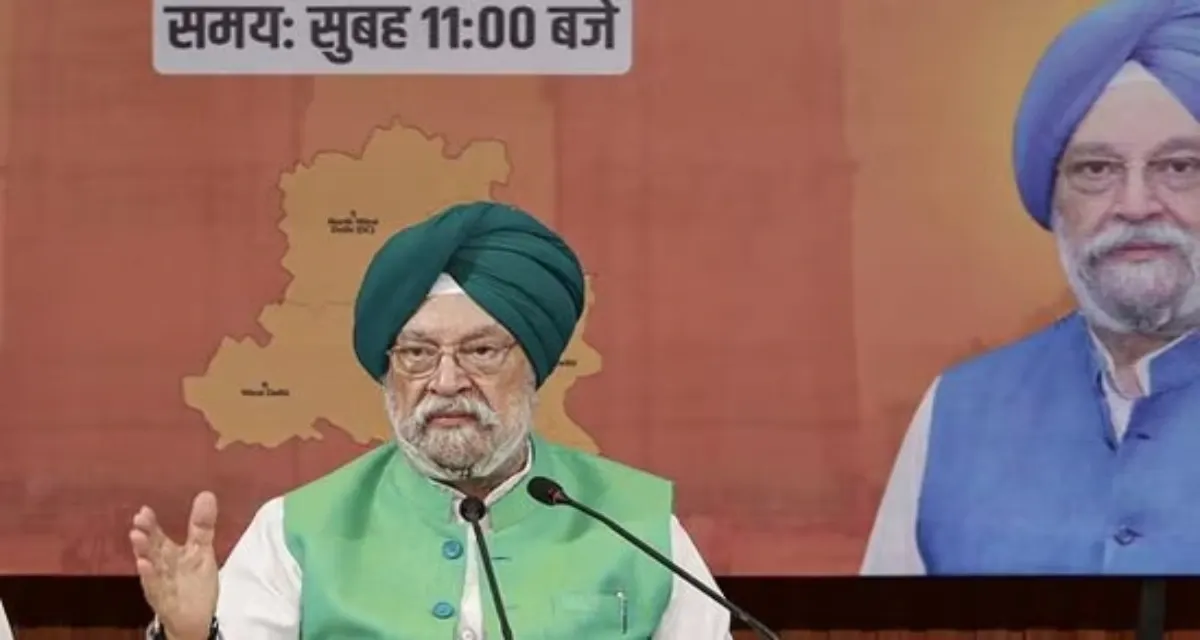

In a pointed response to the recent surge in petroleum prices across Karnataka, Oil Minister Hardeep Singh Puri aimed Congress leader Rahul Gandhi, accusing the state government of burdening its citizens with increased fuel costs. Puri's remarks underscored the political tension surrounding economic policies affecting daily life in various states.
There has been a premature outcry and political analysis among the consumers in Karnataka as the prices of fuel, especially petrol and diesel, have particularly risen by Rs 3 per litre. In her opinion, this increase has contributed significantly to inflationary pressure, the Karnataka Congress government in contrast to BJP rulers in UP & Gujarat where fuel prices are much lower.
Highlighting the central government's efforts to mitigate rising costs, Puri cited recent reductions in petrol and diesel prices. Notably, in November 2021, the Centre implemented cuts amounting to Rs 5 per litre for petrol and Rs 10 per litre for diesel. These reductions were further extended in May 2022, with petrol and diesel prices reduced by Rs 8 per litre and Rs 6 per litre, respectively. A subsequent reduction of Rs 2 per litre followed in March 2023, aimed at alleviating financial strain on consumers nationwide.
The contrasting price trends between BJP and Congress-administered states have brought economic policies under scrutiny, with citizens and policymakers alike questioning the impact on household budgets and overall economic stability. Puri's comments reflect broader concerns regarding state-level governance and its repercussions on public welfare.
In Karnataka, the recent fuel price hike has not only heightened economic anxieties but also reignited political discourse. Critics argue that such increases strain household budgets and hinder economic recovery efforts, while proponents suggest they are necessary to maintain fiscal discipline and fund essential services.
The political dimension of fuel pricing has also highlighted regional disparities and governance challenges across India's federal structure. As states grapple with varying economic conditions and policy choices, the debate over equitable development and resource allocation intensifies.
Looking ahead, the issue of fuel pricing is likely to remain contentious, influencing voter sentiments and policy agendas in the run-up to state and national elections. The efficacy of economic policies, including subsidy mechanisms and taxation, will continue to shape public opinion and political strategies.
Amidst fluctuating global oil prices and domestic economic pressures, stakeholders across the political spectrum face mounting expectations to strike a balance between economic growth and affordability. The role of central and state governments in addressing these challenges will be pivotal in shaping India's socio-economic landscape in the coming years.
In conclusion, Minister Hardeep Singh Puri's critique of the Congress-led Karnataka government's handling of fuel prices underscores broader concerns over economic management and political accountability. As debates on economic policies unfold, the impact on everyday consumers and national development trajectory remain central to public discourse and governance priorities.
Also Read: